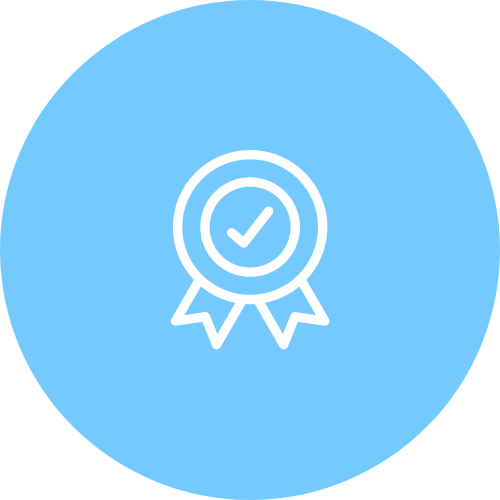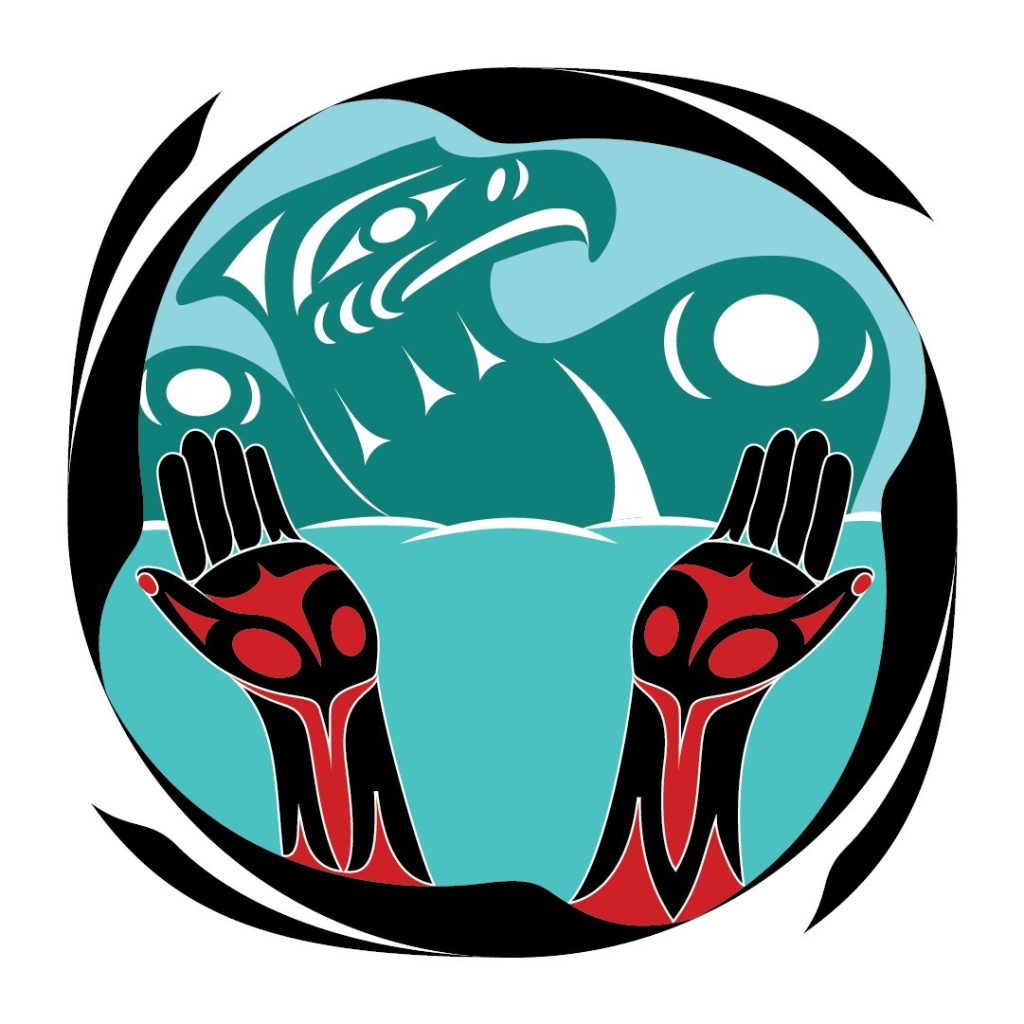DIVERSITY EQUITY AND INCLUSION
Within the Lunken Lab, we are dedicated to fostering a culture of Equity, Diversity, and Inclusion (EDI). We believe that creating a supportive and inclusive environment is not only the right thing to do but also crucial for scientific innovation and progress.
To us, this means:

Creating a Respectful Workplace
Ensuring that all lab members feel valued, respected, supported, and empowered to voice their opinions.

Active Engagement in EDI
Participating in EDI-related discourse, training, and self-education to continuously improve our understanding and practices.

Commitment to Diversity
Recruiting, including, and supporting underrepresented groups to enrich our research community with diverse experiences, cultures, and knowledge.
We understand our responsibility to respond to systemic biases and barriers that have historically affected the full participation of underrepresented groups in STEM. By fostering diversity, we aim to enhance problem-solving, specialization, and research innovation, leading to more robust and impactful scientific outcomes.
Benefits of a Strong EDI Environment

Enhanced Research Quality
Diverse backgrounds and perspectives lead to more comprehensive and well-rounded research projects, potentially uncovering novel solutions to scientific problems.

Increased Productivity
Studies suggest that diverse research groups publish more papers and receive higher citation rates, reflecting the strength of varied contributions.
Lab Expectations and Behaviours Regarding EDI
- Inclusive and Respectful Communication: Using language that is respectful and inclusive in all interactions within the lab and in academic settings.
- Commitment to Self-Learning: Continuously educating ourselves about EDI, inclusive language, and how to be effective allies to underrepresented groups in STEM.
- Open-Mindedness: Listening to lab members’ perspectives with an open mind, free of judgment.
- Acknowledgment of Privilege: Being aware of personal privilege and its effects on social dynamics within the academic community and the Lunken Lab.
- Ensuring Space for All Voices: Making sure all lab members feel comfortable sharing their perspectives and are given the space to be heard.
- Active Self-Reflection and Accountability: Engaging in continuous self-reflection and holding ourselves and each other accountable for upholding our EDI principles.
Our Commitments to EDI
- Ongoing Education: Regularly updating our EDI knowledge and practices through resources, discussions, and formal training.
- Annual EDI Statement Review: Revisiting and updating our EDI statement annually to reflect our evolving understanding and commitment.
- Inclusive Hiring Practices: Incorporating EDI principles into the hiring process for technicians, post-docs, graduate students, and undergraduate student supervision.
- EDI Mentorship: Participating in mentorship opportunities that support underrepresented groups in STEM.
- Diverse References: Ensuring diversity in the references used in our written work.
- Land Acknowledgements: Including land acknowledgements in oral presentations, written communication materials, and on the Lunken Lab website.
- Participation in EDI Events: Attending conferences, seminars, and workshops dedicated to EDI training and education.
By embracing these principles and actions, the Lunken Lab is dedicated to building an inclusive scientific community where every individual can thrive and contribute to groundbreaking research.
Land acknowledgement
I am Genelle Lunken and I respectfully acknowledge that I am based in Vancouver, situated on the traditional, ancestral, and unceded territories of the xwməθkwəy̓əm (Musqueam), Skwxwú7mesh (Squamish), and Stó:lō and Səl̓ílwətaʔ/Selilwitulh (Tsleil-Waututh) Nations. I extend my gratitude to the indigenous peoples of these lands for their enduring stewardship and care.
Originally from New Zealand, I identify as Māori, the indigenous peoples of Aotearoa. My heritage instils in me a deep respect for the indigenous peoples of Canada and their rich cultural traditions. I am committed to continually learning about indigenous cultures and incorporating this knowledge into my research and leadership roles.
In my commitment to equity, diversity, and inclusion, I actively participate in various EDI committees and assist in reviewing applications for a graduate scholarship aimed at supporting indigenous trainees. I am dedicated to fostering an environment that honours and uplifts indigenous voices and perspectives in all facets of my professional and personal life.

Resources And Links
- Canadian Centre for Diversity and Inclusion Teachers Toolkit
- Interior Health Seven Generations Course
- Find out which native lands you live and work on
- UBC Course for Writing A Sincere And Personalized Land Acknowledgement
- UBC Equity and Inclusion Office Trainings And Education
- UBC EDI In Research Course
- Activating Inclusion Toolkit
- Equity In Public Engagement